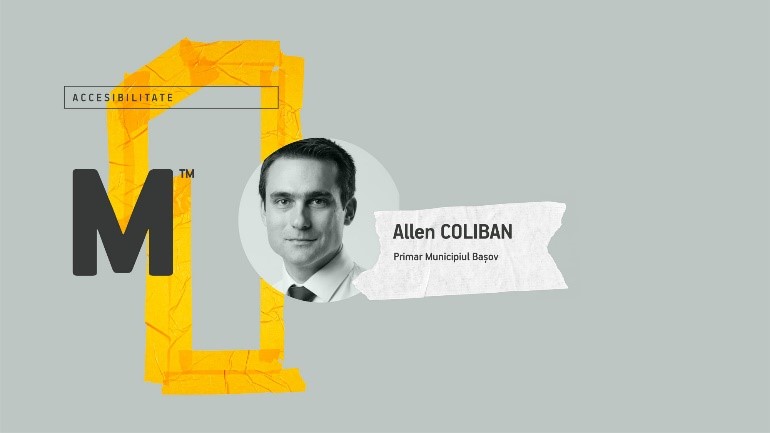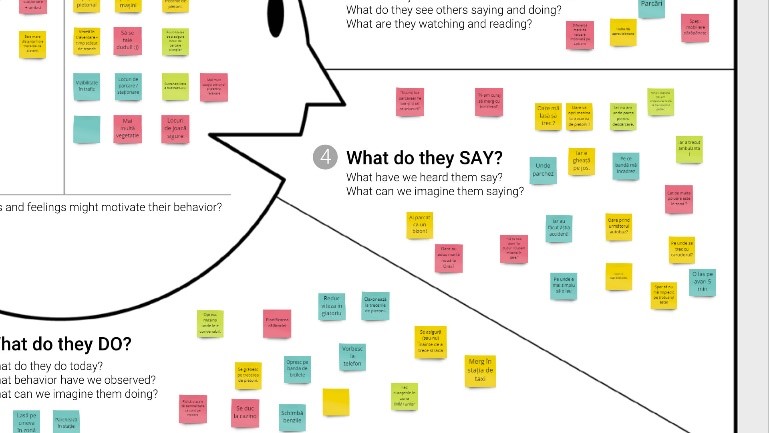
Thanks to the MOBILITAR platform the city collaborates with local stakeholders to make their sustainable mobility vision a reality
Moving around the city is one of the most important experiences for Brasov's residents and visitors. The municipality is aware that effective, inclusive, low-carbon mobility services and infrastructure are fundamental, not only to comply with the legislation, but to also to achieve their 2030 vision. That is why, in the framework of TOMORROW, the local Agency for Energy Management and Environmental Protection (ABMEE) is working with the local mobility platform MOBILITAR to progress on the city’s sustainable transition*. Through MOBILITAR, the community cooperates with specialists in architecture, urbanism, design, technology, sociology, mobility & public administration.
MOBILITAR will run a series of sessions dedicated to Accessibility, Mobility Culture and Integrated Mobility. Each chapter will go through research, ideation and prototyping phases. The first MOBILITAR conference took place in early February and it was followed by research workshops to develop prototypes for main roads and intersections, communication and education tools for transit behaviours, digital mobility services. Each of these prototypes should be introduced in the coming years at city & metropolitan level, and will be linked with local development strategies.

According to the organisers, “Empathy is the fundamental step with which we begin any design process, regardless of the expertise of those we involve in the multidisciplinary team”. The event started with a field research using Design Thinking methods: the participants went through the various details of an important intersection & neighbourhood in Brasov such as residential areas, playgrounds, car parks, pedestrian areas, roads, various economic activities etc… “We sought to look at them from the different perspectives of several categories of citizens: the resident transiting the intersection as a pedestrian, the family with the child stroller, the cyclist, the driver and the person with physical disabilities”.
After the research, participants worked in groups to structure the preliminary data. The data collection process will continue for another 4 weeks, during which micro teams will further study the area assigned to them using various design methods.

On the long term, MOBILITAR wants to influence the behaviour of citizens and visitors by promoting sustainable mobility. This would benefit the environment while improving the quality of life. At the same time, they hope to promote active citizenship and foster a cooperation based on cohesion, empathy, sustainability, professionalism and integrity between local authorities and stakeholders.